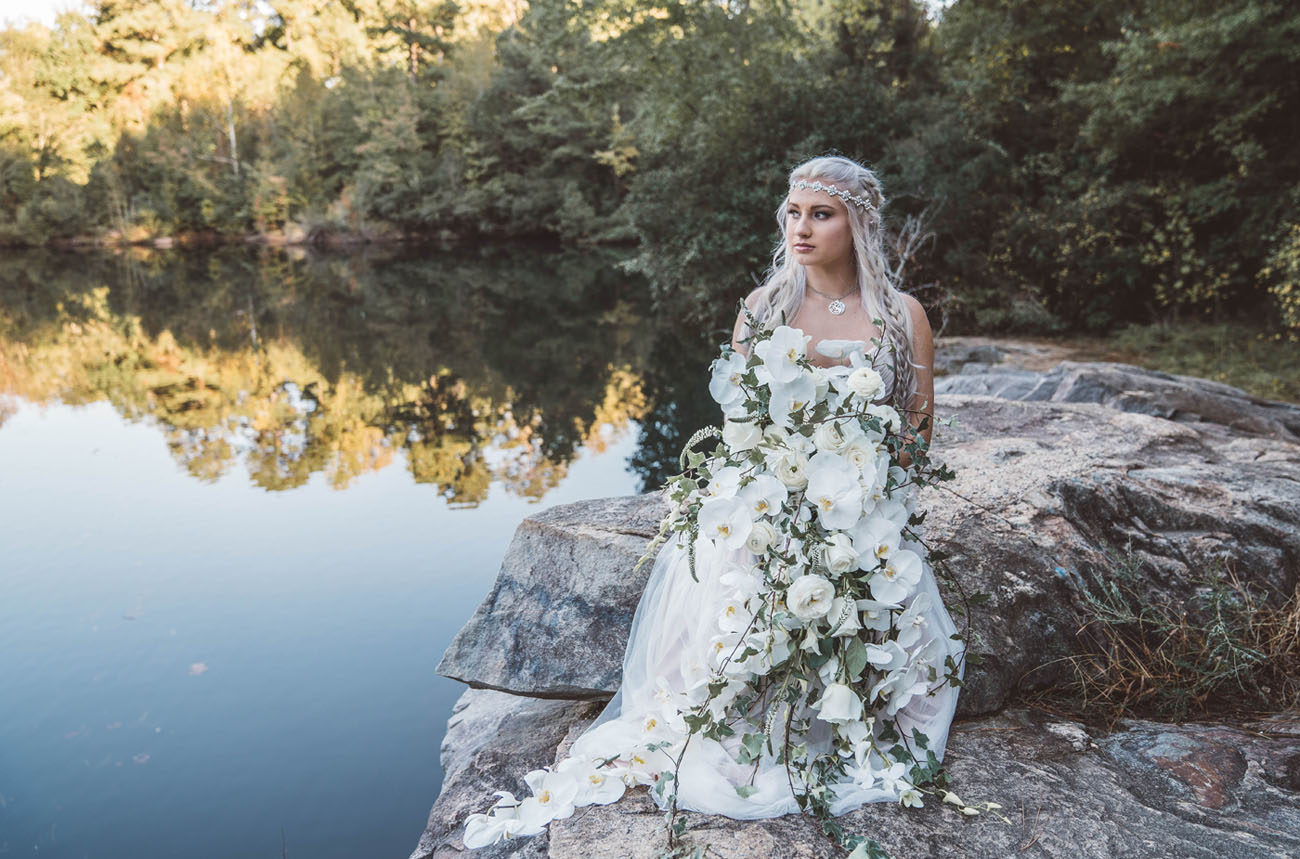

The ceremony, handfasting or whatever you want to call it, is rarely shown on the series, or at least it's very quickly glossed over - such as all of Margaery's weddings, the first of which was offscreen, the second brief ceremony with Joffrey and later a quick one to his brother Tommen.

There's a distinct lack of ceremony The infamous Red and Purple Weddings are actually misnomers since the colorful main action takes place after the wedding. Backing out on a marriage contract is even more offensive and can be seen as a betrayal, as we saw when Walder Frey presided over the bloodbath of the Red Wedding as payback after Robb went back on his word to marry one of the lord's daughters. Take, for example, how hearing the news of Sansa and Ramsay's marriage almost sent Cersei into a murderous frenzy (again), which was only tempered by Littlefinger's cooler head. Political marriages can be messy These marriages are more properly thought of as alliances, which in turn, may make the combined parties more powerful than those outside an alliance. Robb Stark and Talisa Maegyr dared to marry for love, and look where that got them. Ruling is not romantic! Even Ramsay Bolton told his lover Myranda that his promise to marry her only applied when "I was a bastard named Snow." and that his primary consideration now that he's been legitimized was "furthering a dynsaty." Sometimes love can bloom during the marriage, such as with Eddard and Catelyn Stark, and Daenerys Targaryen and Khal Drogo, but those appear to be exceptions. On a show called Game of Thrones set in a vaguely medieval world, however, marrying for love is not a consideration for the nobility, who must use their blood ties more advantageously. Love has no place in marriage We silly modern folk are spoiled with this notion of love as a prerequisite for marriage. Why Sansa's wedding night was the most traumatic Game of Thrones scene ever


 0 kommentar(er)
0 kommentar(er)
